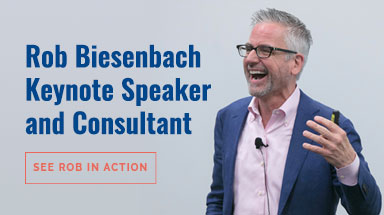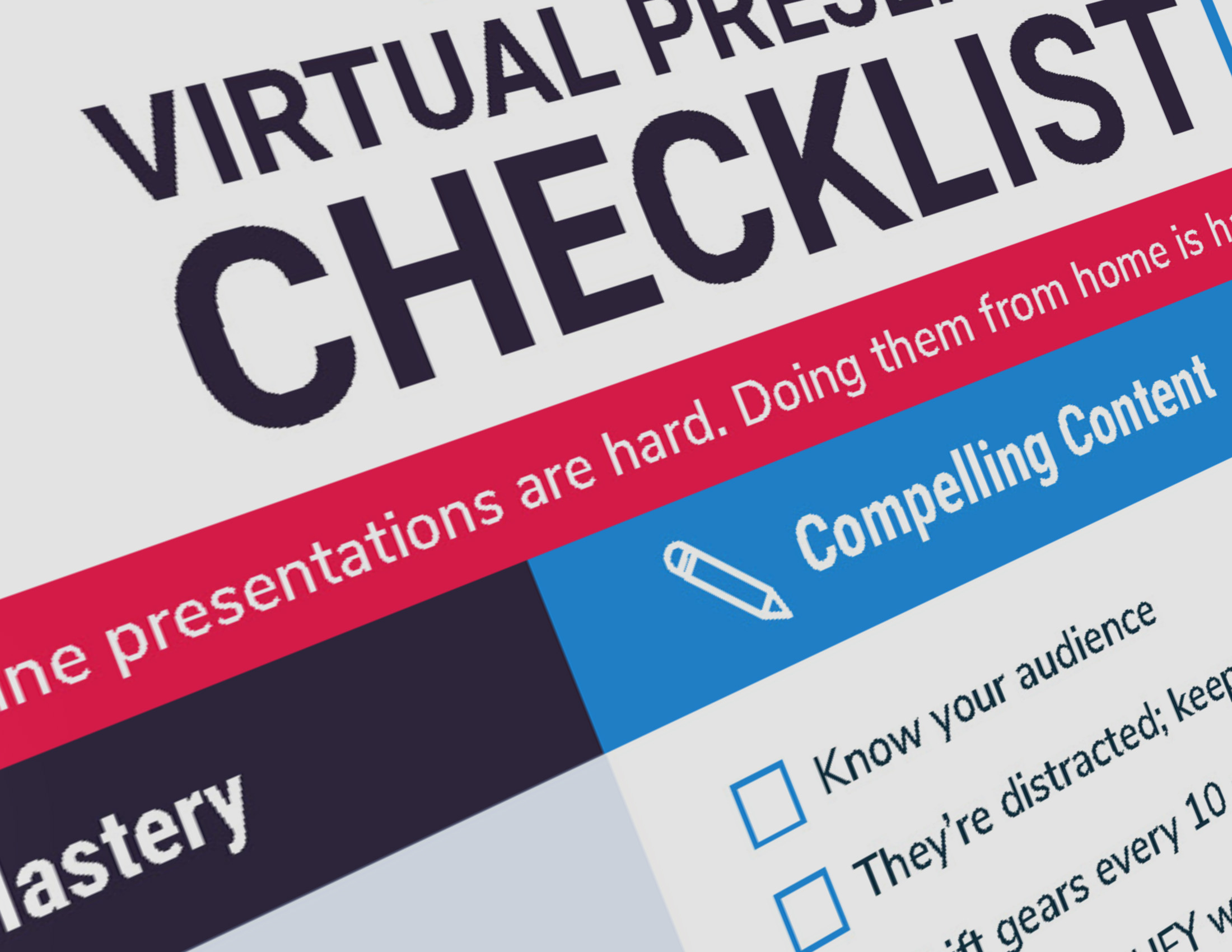 I’m pleased to report that I have found the secret to happiness. (Well, happiness may be a stretch. Let’s call it contentment, or satisfaction.)
I’m pleased to report that I have found the secret to happiness. (Well, happiness may be a stretch. Let’s call it contentment, or satisfaction.)
But it’s the reason that I can honestly say I have never had a bad year. And why I have trouble relating to the many social media posts every December bidding the outgoing year a not-so-fond farewell. “Don’t let the door hit you on the way out, 2018!”
It’s not like I lead a charmed life. I’ve had my share of setbacks, failures and sadnesses. But I’ve never looked back and said, “Man, that was an awful year.” So let me tell you about my secret.
But First, A Caveat
Before we proceed, I do want to stipulate a few things. I recognize that I come from a place of privilege:
- Good home. I did not grow up in a dysfunctional environment. Though I am a child of divorce, there are a lot worse things than that.
- Comfortable life. We were middle class, living in a solid community, and I was able to pursue an education and a reasonably comfortable life.
- Mental health. While I have had bouts of sadness, I have not suffered from depression, which I know is debilitating and can’t be fixed with sunny advice to “look on the bright side!”
- Physical health. No major conditions affecting my abilities.
- Luck. Finally, I am a white man, with all the privileges that affords in our society.
So I know my prescription will not work for everyone. But I hope there’s a little something here for anyone looking to adjust their outlook and find some measure of happiness.
My Three Worst Years
Excluding adolescence, which can be awful for everyone, here are the three “worst” years of my adult life:
- 1995: I lost my job (as press secretary to a state attorney general — thanks, Ohio voters!), my grandfather and my stepfather (to a short, devastating battle with cancer). And there was some really stressful conflict within the family. But it was a great year.
- 2003: I was broke. My business kicked off with a boom in 1999, largely because we were enjoying an economic boom. I was fat and happy and doing well. But then the lingering effects of the dot-com bust and 9/11 combined to erode a good bit of my business, and my income dropped drastically. I was living pretty close to the bone and there were several distinct moments of terror. But it was a great year.
- 2012: My father died after a long, horrible battle with Alzheimer’s. But even that was a great year.
It turns out that the worst of times were also the best of times. How was this possible?
My Three Best Years
Let’s look at those three years from another perspective:
- 1995: New job, new city. I got to work and found an exciting new job working at Ogilvy PR (a big leap considering my background was in nonprofit and government). That brought me to a brand new city, Chicago, which I still absolutely love. Establishing my life here led to countless discoveries, moments of wonder, and friendships. The year closed out with the family celebrating together at my sister’s wedding.
- 2003: A whole new creative direction. With my “spare time,” I finally had the opportunity to scratch a longtime itch to perform. I took improv and sketch classes at Second City, starting doing theater and commercial work, and pretty much immersed myself in the world of performance, spending 50-60 hours a week carving out a second career. (Which ultimately led to third and fourth careers as an author and professional speaker). And I made tons of new friendships with people I never would have met otherwise.
- 2012: New book, new career, new marriage. I was riding the momentum of my newly published first book, starting to get traction with my fledgling speaking career, and — oh yeah — I got married!
The Secret to Happiness in 3 Steps
Let me state for the record that I am no starry-eyed optimist. I am not Mary Poppins. I’m actually a fairly grouchy person day-to-day. But I never felt I had a “bad” year. Here are the reasons why.
1. Do Lots of Things, and Lots of DIFFERENT Things
Keeping busy has always been huge for me. I keep lots of lines in the water, so there’s always something to look forward to or that might pan out.
And I make sure to do lots of different things. It’s like diversifying a financial portfolio. Even when some things are down, others will be up.
I do this on a macro basis — I consult, speak, train, write books, act — and a micro basis, making sure I’m pursuing different projects within those categories.
(By the way, this principle applies to your personal pursuits as well.)
2. Give Yourself Time to Wallow (But Not Too Much)
When I’m feeling down or have suffered a defeat, I definitely allow myself some time to wallow. AND I try to forgive myself for that — because there’s no reason to compound the wallowing by beating yourself up for wallowing.
Take an afternoon or a couple of days (or a week if absolutely necessary) to indulge yourself, whether that means binging on Netflix or staying in bed or eating an entire pizza in one sitting.
Back then I came across this quote, apparently from Sigmund Freud:
“One day in retrospect the years of struggle will strike you as the most beautiful.”
Of course, the key words here are “in retrospect.” Things don’t seem so beautiful while bad things are happening to you. But even then I have occasionally found bright moments of emotional and mental clarity that I would not trade for anything.
Be patient. I find that my darkest moments are inevitably followed by something good happening. It could just be the law of averages catching up to me, but it’s more likely due to all the positive work I did in Step 1 above.
3. Take Responsibility, Take Control
Years ago I had an eye-opening conversation with a work colleague. I mentioned that any time I feel I’ve been treated badly or unfairly, I can almost always find some measure of responsibility for it in my own actions. He thought I was nuts.
On the other hand, he was the type who was forever blaming his problems on everyone but himself. He was basically a professional victim. I know which side of the scale I’d rather err toward.
For instance, my apartment was robbed. Yes, it was unfair and unjust and I was upset and angry and quietly indulged in the predictable “Death Wish”-style revenge fantasies. But I also realized that I made myself a sitting duck and got to work making my home and possessions more secure.
Another time I asked for a raise at work and didn’t get it. I could have stuck around and complained about it, infecting others with my negativity. Instead I announced that I’d be looking for another job, and a few months later I found it.
For me it’s all about feeling like I’m in control of my destiny instead of being subject to the whims and vagaries of “fate.” By choosing not to be a victim, there’s always something positive I can do to overcome a problem.
It’s the difference between making things happen and letting them happen to you.
Your Mileage May Vary
Like I said, this approach may not work for everyone. (Especially when it comes to the processing of grief — I recognize people do that in different ways and with unpredictable timelines.) But it’s helped keep this curmudgeon on a pretty even keel.
Am I doing cartwheels in the street and sprinkling magic fairy dust everywhere I go? No.
But I am a big believer that the more energy you put out there, positive or negative, the more it comes back to you. The sooner you can break the often self-perpetuating cycle of constant negativity, the more good will ultimately come your way.
I hope this helps you have a happier, more prosperous new year.
[Photo by Kristina Flour on Unsplash]




